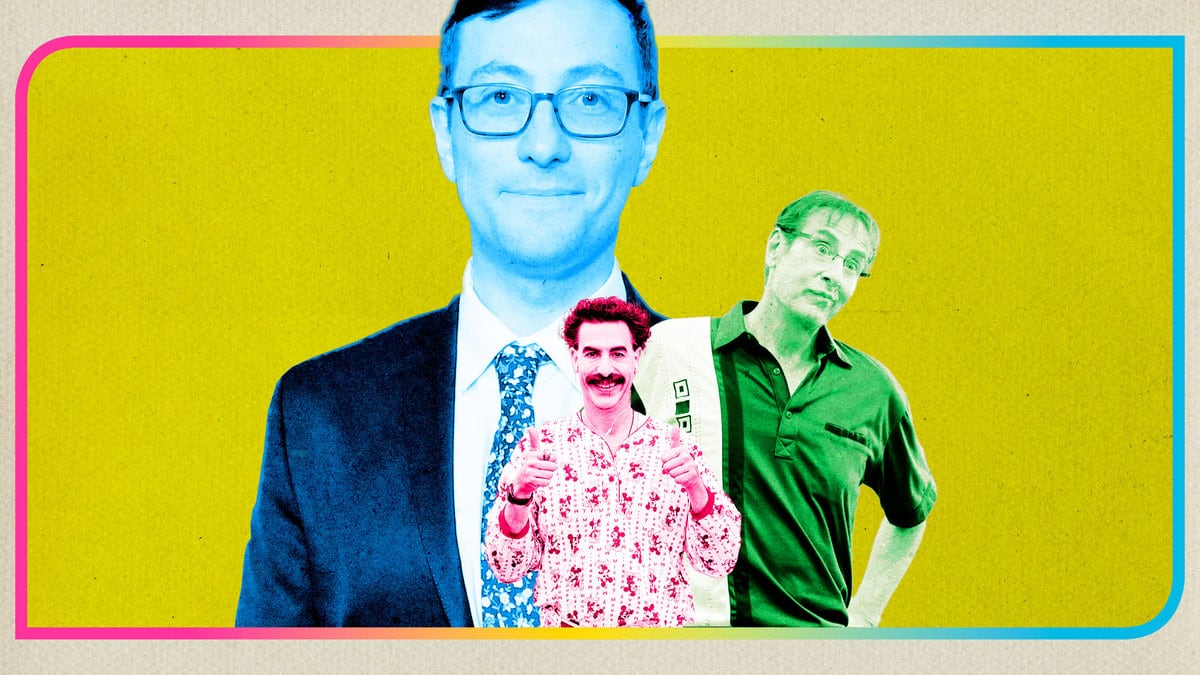How ‘Borat 2’ Director Jason Woliner Made ‘Paul T. Goldman,’ TV’s Strangest Show
PECULIAR
We had a million questions for Jason Woliner, the man behind Peacock’s bizarre, experimental, possibly genius docuseries “Paul T. Goodman.” Thankfully, he had answers.

Trending Now





